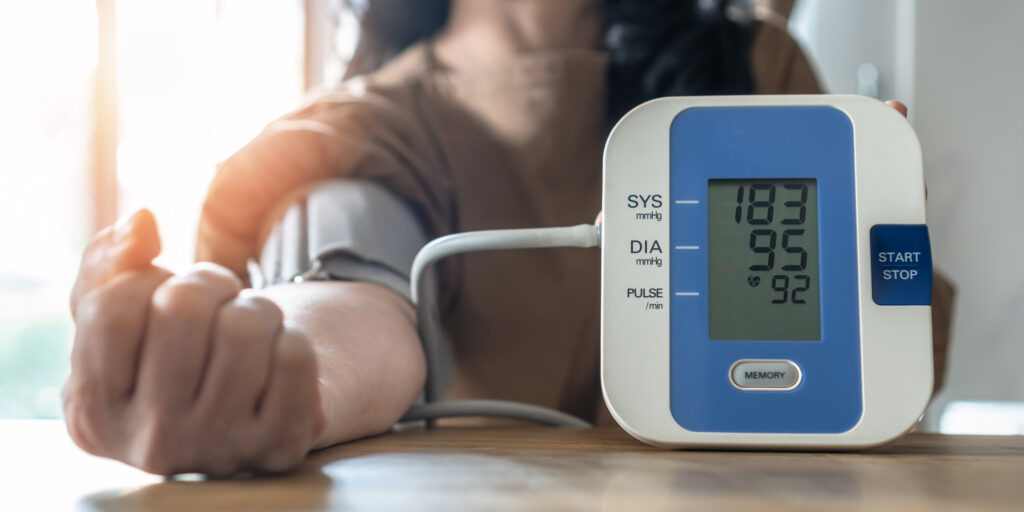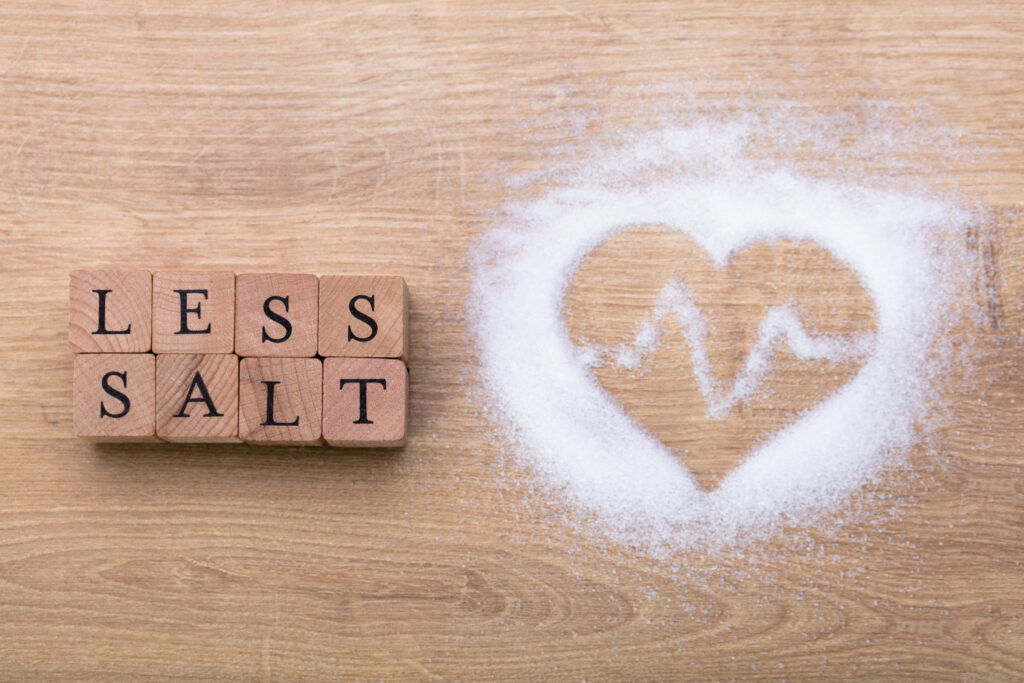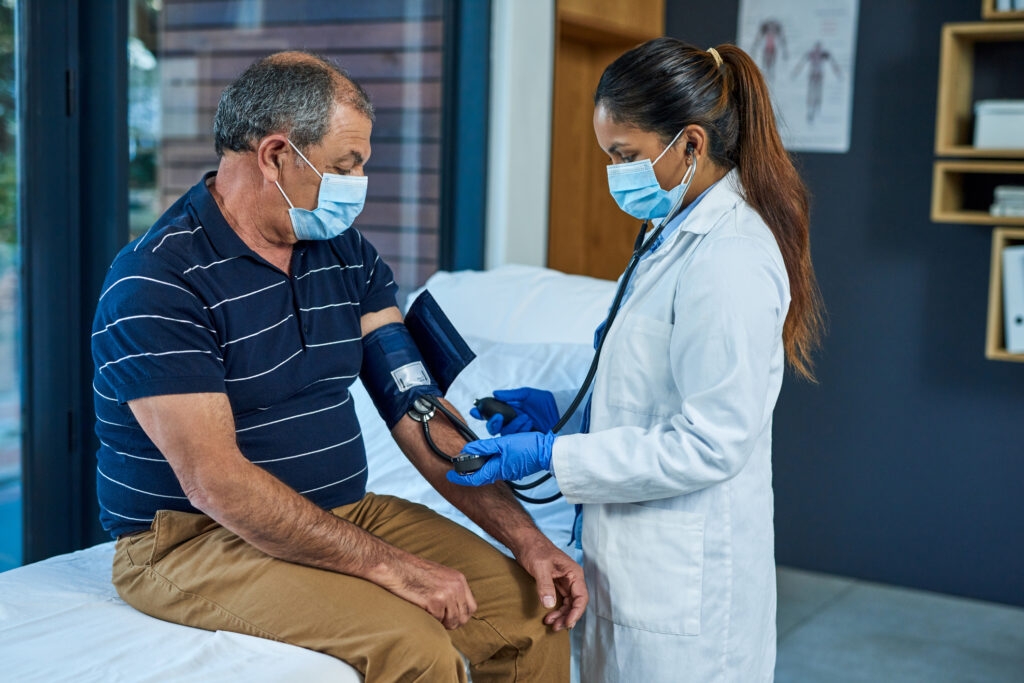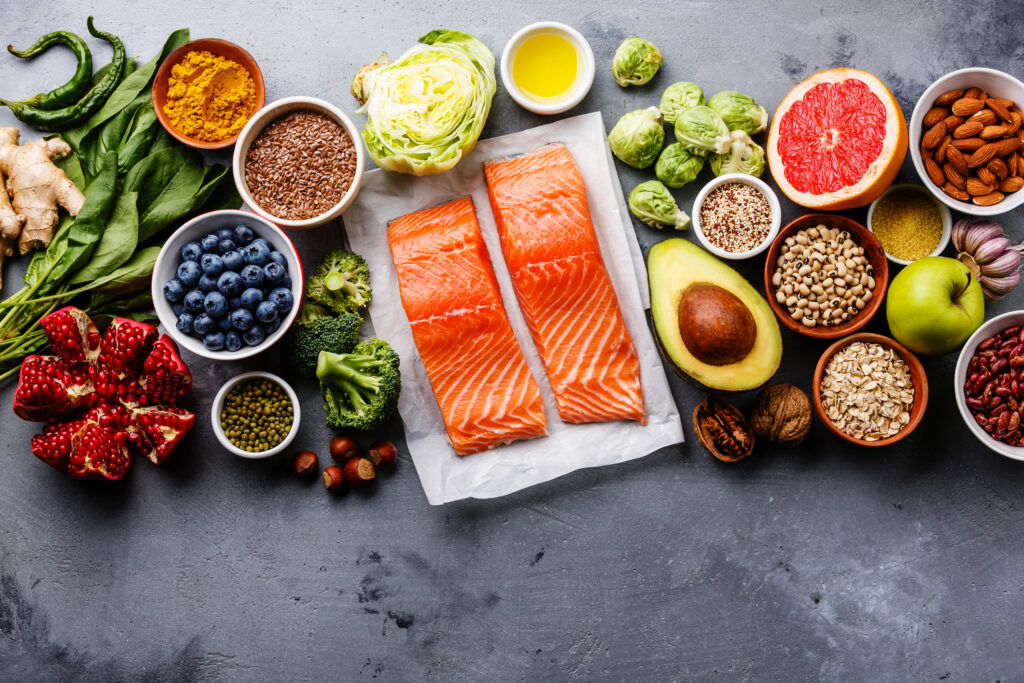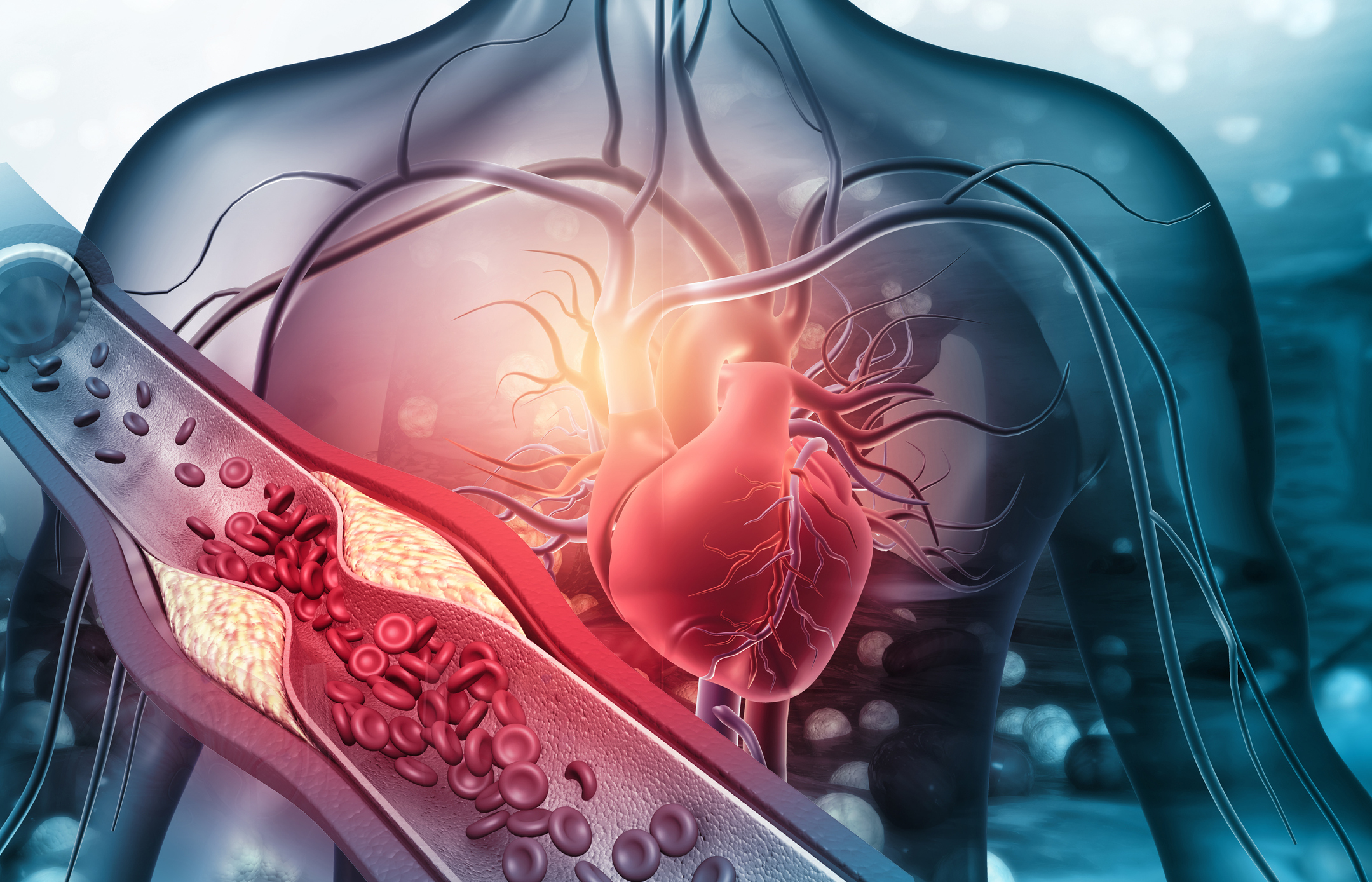
If you have high blood pressure, you are not alone. It is a common condition that affects millions of people in the United States. High blood pressure can cause health problems if it is not treated, so it is important to understand what it is and how to lower it.
In this blog post, we will discuss the causes of high blood pressure, as well as some tips on how to reduce your risk of developing the condition.
What Is High Blood Pressure And What Are The Symptoms
High blood pressure, also known as hypertension, is a condition in which the pressure of blood against vessel walls is excessive enough that it might cause health issues such as heart disease over time.*
Headaches
Breathlessness
and nosebleeds are all signs of high blood pressure.
High blood pressure can lead to heart attacks, strokes, and kidney failure if left untreated.* †
Blood pressure is measured in millimeters of mercury (mm Hg) and is written as two numbers: systolic pressure (the top number) and diastolic pressure (the bottom number). A person is considered to have high blood pressure if either their systolic or diastolic pressure readings are 121/81 mm Hg or higher.*†
While the exact cause of hypertension is not always known, there are several factors that can contribute to its development, including obesity, stress, smoking, and excessive salt intake.*
One of the most common causes of high blood pressure is stress. When we experience stress, our bodies release hormones like adrenaline and cortisol. These hormones cause our heart rate to increase and our blood vessels to constrict. Over time, this can lead to high blood pressure.*
Smoking is another major cause of hypertension. Cigarette smoke contains chemicals that damage the lining of blood vessels, making them more prone to narrowing and blockages. This can eventually lead to high blood pressure.*
Obesity is also a risk factor for developing high blood pressure. Fat cells release substances that can damage blood vessel walls, and carrying extra weight also puts stress on the heart.*
Excessive salt intake is another common cause of high blood pressure. Salt makes the body retain water, which can increase blood volume and lead to hypertension.*
How To Help Lower Your Blood Pressure Naturally
If you’re worried about your blood pressure, you should talk to your doctor. They can help you develop a plan to lower your blood pressure and reduce your risk of developing heart disease, stroke, and other health problems.*
In addition to consulting a medical professional, there are also a few natural ways to lower your blood pressure and reduce your risk of developing these conditions. One way to lower your blood pressure is to eat a healthy diet. This means eating plenty of:*
fruits
Vegetables
and whole grains
… while also limiting your intake of:
Sodium
saturated fat
and added sugar.
You should also aim to get at least 30 minutes of moderate exercise most days of the week. In addition, you can try relaxation techniques such as yoga or meditation to help lower your blood pressure.*
Superfoods That May Help Lower Blood Pressure
Superfoods are foods that are packed with nutrients and offer health benefits. There are many different superfoods, but some of the best for lowering blood pressure include whole grains, dark leafy greens, and berries.*
- Whole grains are a great source of fiber, which can help to reduce cholesterol levels and promote heart health. They also contain magnesium, a mineral that helps to relax blood vessels and reduce blood pressure.
- Dark leafy greens are another excellent option for lowering blood pressure. These greens are rich in nitrates, which help to widen blood vessels and improve blood flow.
- Berries are not only delicious, but they’re also good for your heart. They’re packed with antioxidants and polyphenols, which help to protect against heart disease.
Ginkgo Biloba is a popular herbal remedy that has been used for centuries to treat a variety of conditions. Research suggests that ginkgo may be effective to help regulate high blood pressure. The potential benefits of ginkgo include reduced inflammation, improved blood circulation, and protection against cell damage. Lab studies show it improves blood circulation by opening up blood vessels and making blood less sticky.*†
It is important to note that ginkgo can interact with some medications, so always speak to your doctor before taking it.
European Hawthorne Berry has been used medicinally for centuries, and modern science is beginning to validate its many potential health benefits. Hawthorne berry is rich in antioxidants, which can help to protect cells from damage and reduce inflammation. Additionally, Hawthorne berry has been shown to improve heart health by reducing blood pressure and cholesterol levels.*†
Our Blood Pressure Health contains clinical amounts of both Ginko Biloba and European Hawthorne Berry shown to help maintain healthy blood pressure and circulation.*
Enter Code "BPHEALTH" in the order summary section at checkout to SAVE 15% on Blood Pressure Health.
Formulated by Dr. Mark Stengler NMD.
Known as America’s Natural Doctor to his patients, readers and audiences across North America, Mark Stengler is a licensed naturopathic medical doctor. His passion is to combine the best of conventional and natural medicine to achieve optimized health for his patients. Dr. Stengler has personally formulated each of the Emerald Labs Additive-Free products according to the high standards of his health practice. Read more about Dr. Stengler…
*These statements have not been evaluated by the Food and Drug Administration. This product is not intended to diagnose, treat, cure or prevent disease. CONSULT YOUR PHYSICIAN OR OTHER QUALIFIED HEALTH CARE PROVIDER FOR ADVICE REGARDING ANY MEDICAL CONDITION. DO NOT ATTEMPT TO SELF-DIAGNOSE OR TREAT ANY MEDICAL CONDITION.
†Selected References
